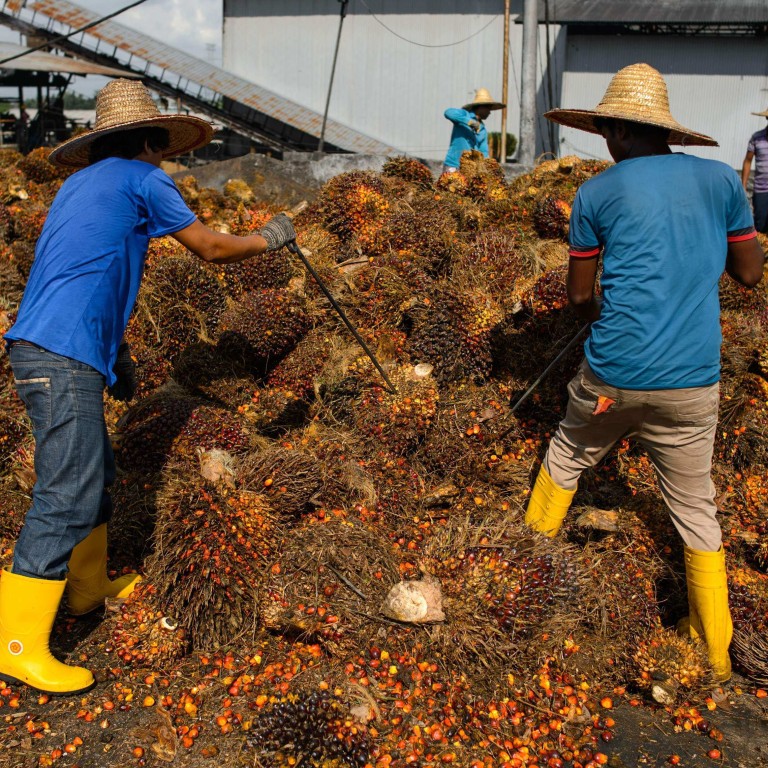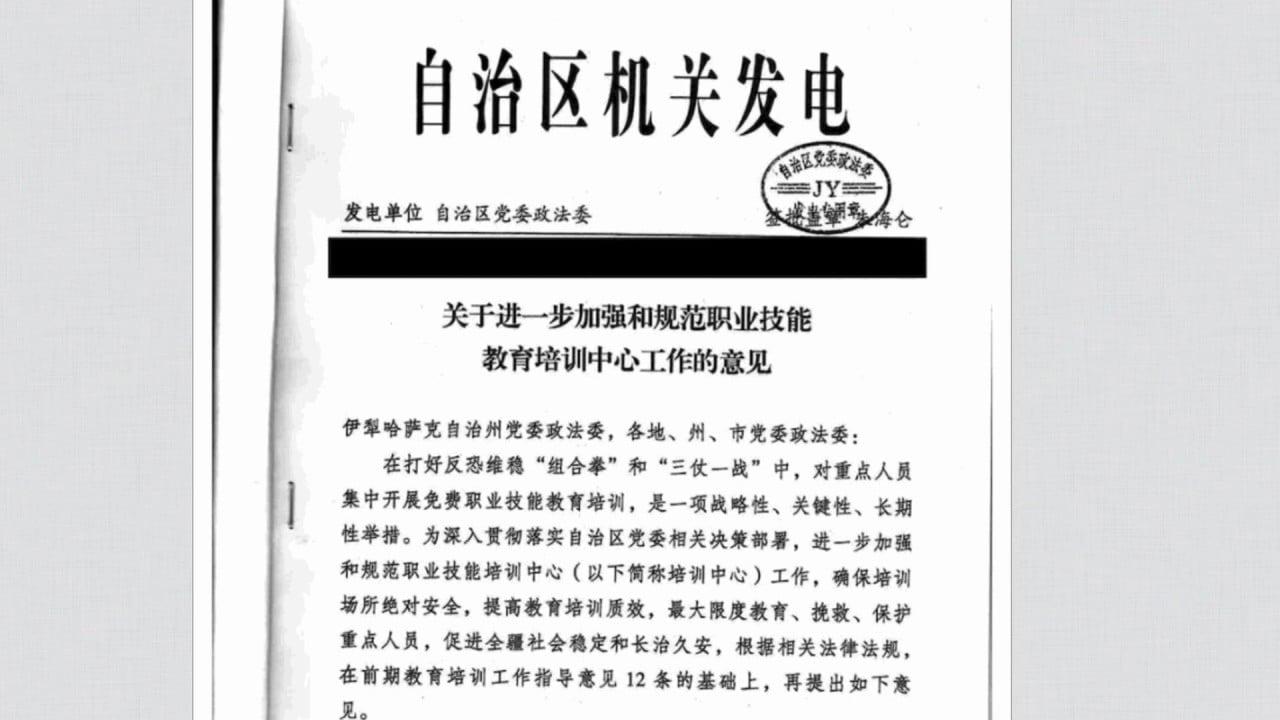
Asian business must adapt as West increases focus on human rights abuses
- Firms doing business with the West, particularly Malaysian and Chinese firms, face growing scrutiny of business practices within their supply chain
- As expectations rise, firms must be proactive in establishing credibility and trust with legislators, regulators and opinion-makers in key markets
As the world marks Human Rights Day on December 10, never before has this key principle been more relevant or more of a threat to businesses in the Asia-Pacific.
In the first seven months of this year, the CBP detained 1,125 cargoes worth US$413 million for alleged forced labour violations, many involving labour-intensive industries and some of the world’s largest companies. This is a major step up from 314 detentions worth almost US$50 million in 2020 and just 12 in 2019.
One order was lifted after 14 months, while another is still in force more than a year later while the company goes through a major independent review of labour rights in all its operations. CBP actions in Malaysia followed reports by NGOs.
All CBP needs to detain merchandise is information that “reasonably indicates” it contains components that are the result of forced labour. To lift the order, the burden of proof is on the importer.
New US laws on forced labour have been set for trade between the US, Mexico, Canada and China, reflecting the growing political focus on human rights and the environment. In the wake of CBP interest in two Malaysian palm oil companies, the House of Representatives’ Ways and Means Committee urged “aggressive and effective enforcement”, asking if CBP had considered a blanket ban on all palm oil imports from Malaysia and Indonesia.
Many Asia-Pacific companies are not prepared, according to a recent independent human rights survey of the top 250 companies listed on the Singapore, Kuala Lumpur, Jakarta, Manila and Bangkok stock exchanges. It showed they disclosed on average less than 22 per cent of the human rights data recommended by the UN Guiding Principles on Business and Human Rights. Overall, only a quarter of the surveyed companies disclosed any information at all on monitoring or reporting of human rights.
The challenge for companies involved in complex and often opaque supply chains is immense. It requires investment and care to understand international guidelines, monitor and assess growing societal concerns, understand the political, regulatory and legislative trends, look five years ahead or further and develop standards and practices that future-proof the company and support business growth.
Pandemic puts businesses at higher risk of being linked to modern slavery
But that is not enough. Credibility and trust have never been more important with legislators, regulators and opinion-makers in key markets to ensure a broad, balanced and fact-based understanding of the company’s position, dilemmas and approach.
Proactive ESG strategies linked to a firm’s business strategy are essential to understand risks and build standards and effective processes into a company’s approach.
Four factors are important, starting with a clear ESG strategy that guides its operations and sets clear policies and standards.
Second, companies need an effective system at the heart of their strategy that identifies ESG trends affecting supply chains, assesses and maps risks and sets management plans to avoid potential business impacts.
Third, stakeholder engagement in key markets is necessary to build transparency and trust across regulators, governments, civil society and human rights NGOs.
Finally, harnessing the latest technology can help improve supply chain traceability.
These will help Asia-Pacific companies navigate the increasingly complex issues around supply chains and achieve business growth.
Nick Wood is a senior adviser at FTI Consulting. The views expressed in this article are solely those of the author




